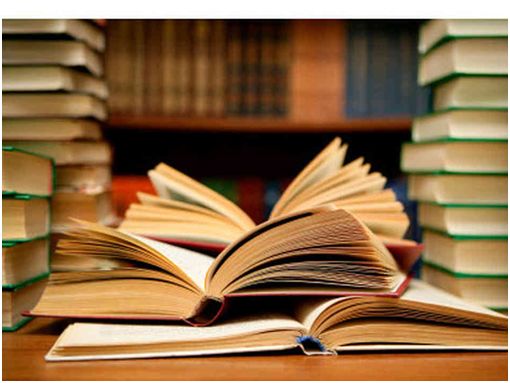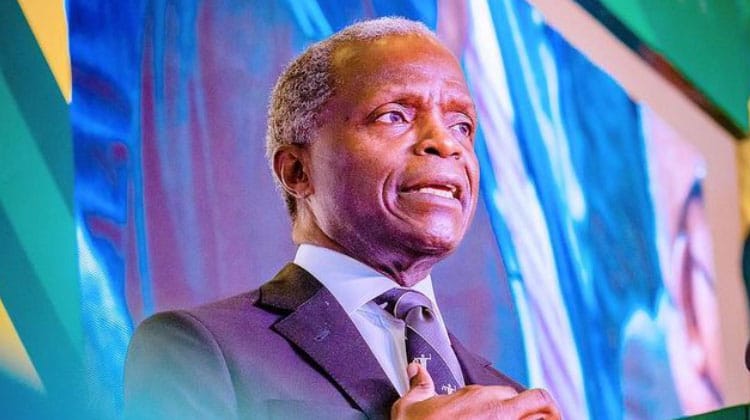It‘s time reflect on the significance of literacy in today’s digital age and the impact it has on individuals, communities, and nations. Literacy is more than just reading and writing in today’s computer-driven world, where everything is technology-based and life is completely dependent on reading and writing. Therefore, literacy means acquiring the basic minimum skills by which an individual can live life smoothly. Imagine if you couldn’t read life-saving information, if you couldn’t count the change you were given in a shop, if you couldn’t stay informed about your child’s activities and the information they are consuming over the internet, if you couldn’t read signboards, directions, warnings, and other important information essential for living. Imagine not being able to spot fake news in the media and not being able to update yourself about major environmental crises across the globe. What would life be like? There has been a significant improvement in literacy rates over the past decades, which currently stands at 87% globally. However, today, at least one in seven young people and adults around the world lack basic literacy and numeracy skills. That’s 763 million adults, with two-thirds being women, highlighting persistent gender inequality. Our national literacy rate is 77.7%; however, there is a significant gap between urban and rural, male and female literacy rates, i.e., 84.7% in men and 70.3% in women. World Literacy Day is observed on the 8th of September each year, serving a crucial role in reminding us of how literacy is important in the development of individuals, communities, and nations. Literacy is not only the ability to read and write but also participation in the global economy. This day commemorates the progress made and the challenges that still exist in achieving universal literacy. Literacy is traditionally perceived as the ability to read and write at a basic level; however, education goes beyond literacy and includes both cognitive and social development. If literacy is well blended with education, it will surely contribute to the society, economy, and culture of the nation. Illiteracy is a curse in today’s world. Everything is interconnected. Instability in one area destabilizes the whole system, be it a family, community, or nation. It is evident that illiteracy brings many challenges to a person, including financial stress, health issues, limited employment opportunities, vulnerability to exploitation, dependency, limited access to information, and challenges with handling technology, thus landing one in a disadvantaged and marginalized position. Highlighting the importance of educating women, who are often seen as a disadvantaged position, shows that proper education with basic literacy can ensure they are updated about themselves and the world around them. Literacy helps women engage with global narratives and create their own that fit into their society. Tracking the changing trends, we find women accessing financial resources, managing money, and understanding market dynamics, thereby empowering themselves and the women around them. Literacy contributes to healthier families in every aspect, including physical, mental, psychological, and emotional health. As a global event, World Literacy Day highlights the significance of literacy as a fundamental human right and an important component of social and economic development. By addressing global and local challenges, celebrating this day can raise awareness and concern over persistent disparities in accessing this basic right and can encourage governments and other stakeholders, including NGOs, to take collaborative initiatives and prioritize education and literacy in their policies and programs. Efforts become more successful when communities and individuals realize the importance of literacy and how it can bring about a drastic positive change in their lives. This day is a platform and an opportunity to connect with communities and raise awareness among them. The burning issues of drug abuse and increasing suicides have their solutions in literacy, which can empower societies to communicate better, foster a supportive environment, seek proper help and guidance, and reach out to specialized counsellors and institutions. Engaging in educational and community activities fosters connections and support networks, enhancing social skills and integration, and reducing isolation and loneliness, which are risk factors for both drug abuse and suicides. Educational programs will empower our communities, inform citizens, and make leaders and administrations accountable. Literate citizens can read and comprehend electoral materials, manifestos, and candidate statements, enabling them to make informed voting decisions, interpret government budgets and legislative processes, and monitor public services. This day provides an opportunity to reach out to people and help them understand their legal rights and responsibilities, including how to seek justice in cases of violation. Overall, literacy has the inherent power to empower individuals and societies and ensure their participation in nation-building. By Darakshan Hassan Bhat [email protected]
Subscribe
Login
0 Comments


